Life has been a rollercoaster for Sarah Malone.
And until recently she didn’t even think she deserved to be living.
The 39-year-old, from Rothienorman, suffers from premenstrual dysphoric disorder (PMDD) – a very severe form of premenstrual syndrome.
It can have a serious impact on your life making it difficult to work or socialise and can even lead to suicidal thoughts.
‘I felt exhausted and really miserable’
For Sarah it has been a long, hard journey to get diagnosed with the disorder which sparks episodes of severe anger and can trigger extreme behaviour.
“When I first started getting them I was going into a depressive state where I was feeling exhausted, then didn’t want to get out of bed and just felt really miserable,” she explains.
“I was self-sabotaging and thinking ‘What’s the point? I’m not good at anything’, and then in a couple of days it would pass.”
It took Sarah many years to link her extreme shifts in mood to her menstrual cycle because the contraceptive she used stopped her periods.
“I was feeling real rage and felt like the world had done me wrong. And generally, I’m not that sort of person, I’m really laid back,” she said.
“People would tell me to calm down which just infuriated me even more.”
‘I couldn’t go on like this’
Sarah eventually stopped taking Depo-Provera injections and fell pregnant with her first child.
Soon afterwards she realised she would need to ask her GP for help.
But it took a long time to get an official diagnosis with her doctor initially believing she had postnatal depression.
“They put me on antidepressants, but they didn’t do anything for me other than give me compounded anxiety,” Sarah says.
“I started getting OCD where everything had to be done a certain way to help me feel in control – because everything felt out of control.”
She also started sweating in different parts of her body. However, Sarah persevered knowing it could just be a side effect of the medication.
“But I was still having these moments, which my family and I now recognise and call my ‘werewolf week’, where I just become this completely different person,” she said.
PMDD symptoms: The diagnosis
Sarah went back to her GP several times. She was told she could be suffering from a range of conditions such as schizophrenia and post-traumatic distress disorder.
But although she knew there was something wrong, she did not feel their symptoms matched how she was feeling.
“I started doing research myself and came across this American website where PMDD was mentioned,” she says. “And there was a lady who’d written her story which was very similar to mine.
“When she described how it was in her dark moments it was like she was talking about how I felt; the lack of control, the dark thoughts – real dark moments.”
Armed with new information, Sarah booked another GP appointment and saw a new doctor who had in-depth knowledge of PMDD.
‘I still have werewolf week episodes’
Sarah tracked her ovulation on a fertility app and soon realised her worst days coincided with the week before her period was due.
She was diagnosed with the premenstrual dysphoric disorder in 2015.
Disappointed to find out there was no cure, the mum-of-three decided to go down the natural route to avoid taking any more anti-depressants.
Taking supplements helps, and she also uses a Healy Device, a compact machine that emits frequencies and low-intensity currents.
Omega 3-6-9, primrose oil, magnesium and the pregnenolone hormone ease her symptoms.
“It didn’t eradicate it by any means, but the episodes – the werewolf week – aren’t as deep-rooted.
“It’s still at a point where I have to forewarn my kids and my family that I am due my period.
“Don’t get me wrong, some months I can be almost symptomless because I’ve had a good month and the hormones weren’t as strong as they were the month before.
“Thankfully we’ve got things in place with my partner and kids, where they register that this isn’t me and that everything is OK.”
Sarah, who has been a qualified personal trainer for 15 years, now works as a health coach helping others manage their health conditions and achieve their goals.
And she has been mentoring other women online living with PMDD symptoms.
“This has been hard,” she says. “But I’m now at a point where this story needs to be heard because a lot of the women I’ve worked with potentially have been misdiagnosed.”
We’d like to share your story
Every Friday lunchtime we highlight an incredible story about recovery, overcoming illness and bravery.
Have you overcome a health challenge, lost weight or got fit and are now in a position to help others by talking about your journey?
We’d love to hear from you as we look to offer information, insight and inspiration through our content.
You can get in touch by emailing me at charlotte.thomson@ajl.co.uk
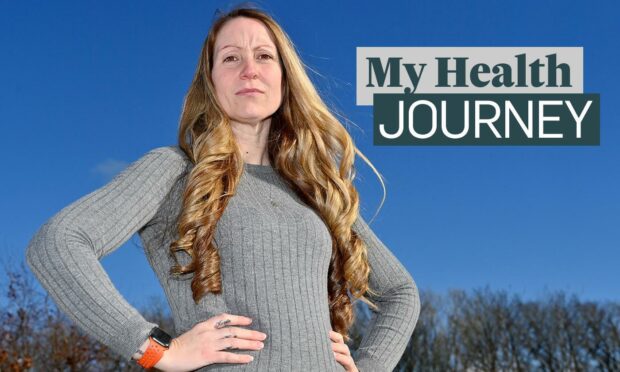






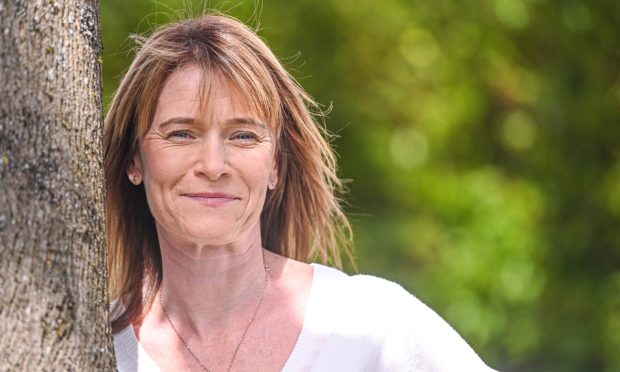
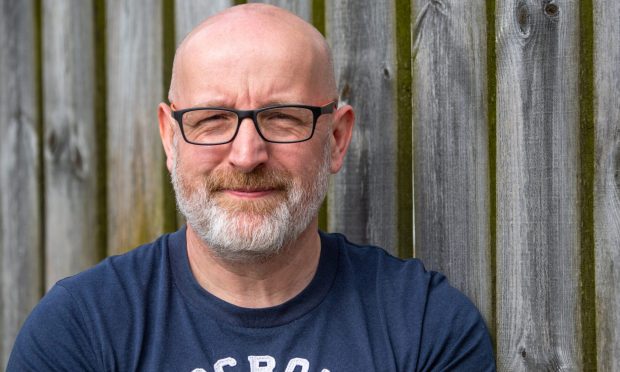
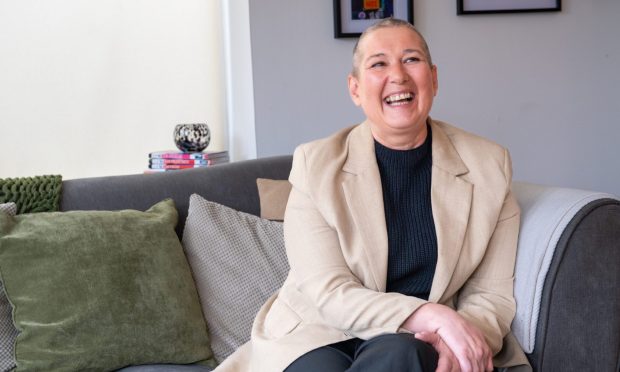
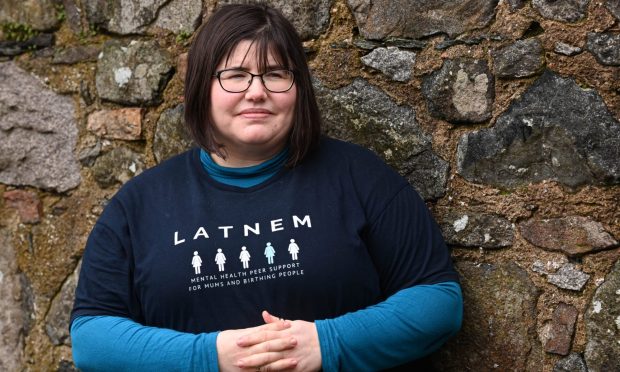
Conversation